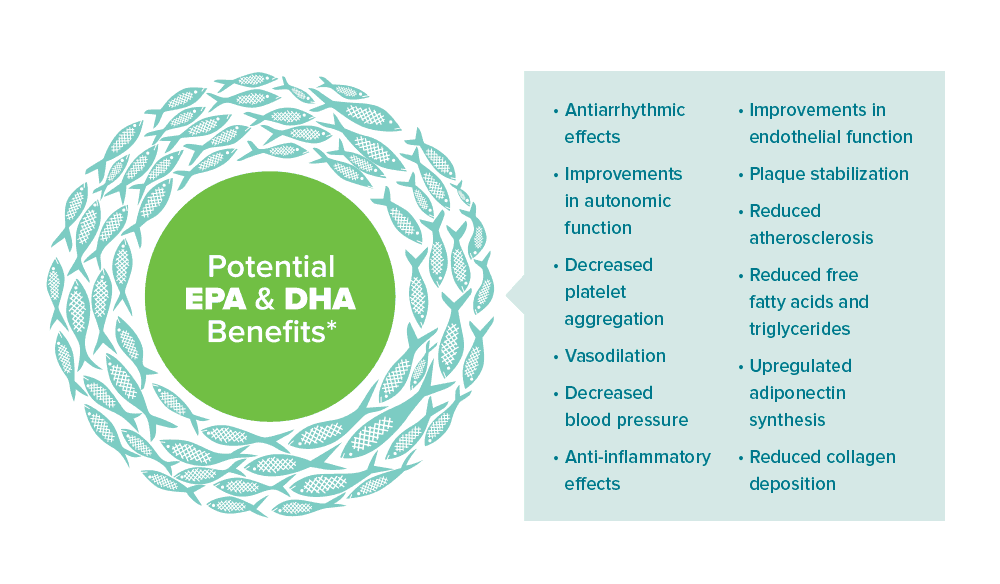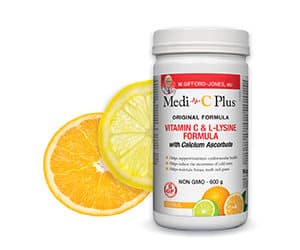
When you look down the aisles of your neighbourhood grocery store, you can see why cardiovascular disease is the number one cause of death in Canada and the United States. Ninety percent of the products on the supermarket shelves are highly processed foods that are filled with harmful fats, loaded with sugar, and depleted of fibre. Combine these foods with lifestyles marked by inactivity, sleep deprivation, and stress, and you create a constellation of physiological phenomena that include low levels of good cholesterol (HDL), high levels of harmful triglycerides, and high blood pressure.
Cardiovascular disease (CVD), namely heart disease and stroke, continues to reign as the number one cause of death in North America.
One in four Canadians has some form of heart disease – about 8 million people.

About 60 million Americans suffer from heart disease. Yet, this is a “lifestyle disease” that can be largely prevented by not smoking, making healthful choices, increasing physical activity, and maintaining a healthy weight. This means that if we change our environment we can reduce the likelihood of developing disease. So why, if we know we can prevent CVD, as well as type 2 diabetes and obesity, and even certain types of cancers, are they still the top chronic diseases that people are dealing with?
FATS CAN CHANGE OUR CELLS
Essential fatty acids are the building blocks of cells – a diet full of bad fats leads to bad cell structures, which in turn can be linked with depression, cardiovascular disease, immune-system impairment, joint pain, diabetes, obesity – and the list continues. Of all the areas studied with respect to omega-3s and disease prevention, there is no area that shines brighter than that of healthy fats for heart health.
THE GREAT FISH FIND
In the late 1970s, two Danish scientists, Dyerberg and Bang, were the first to highlight the cardio-protective effect of dietary omega-3 fats found in fatty fish in the Inuit population. Over the past 30 years, the mechanisms by which fish oils improve cardio-vascular health have been extensively studied, showing anti-inflammatory, antiarrhythmic, and antiaggregatory effects, as well as improvements in endothelial function.
FISHING FOR HEART HEALTH
An impressive number of studies have continued to show that fish is good for the heart. Findings include that omega-3 fatty acids decrease the risk of arrhythmias (abnormal heartbeats), which can lead to sudden death. Omega-3 fatty acids also decrease triglyceride levels, slow the growth rate of atherosclerotic plaque, and lower blood pressure (slightly). The American Heart Association says that for patients with coronary artery disease, at least 1 g of omega-3s per day is recommended. Similarly, for those with elevated triglyceride levels, 2–3 g of omega-3s per day is desirable.
FISH OIL REDUCES INFLAMMATION
We have all heard that an aspirin a day keeps the doctor away, especially for those with heart disease. The reason aspirin is so effective at decreasing heart attack risk is its ability to thin blood, and also its anti-inflammatory benefits. Upon the action of aspirin, EPA and DHA can be converted by the COX and LOX pathways into similar families of resolvins, and D series, which have tremendous anti-inflammatory benefits for heart health.
Most studies have shown a correlation between diet and markers of inflammation called C-reactive protein (CRP), a protein produced by the liver when arteries become inflamed. In a study published in the journal Circulation, women who had the highest CRP levels were two times more likely to have a cardiovascular event.
A traditional Mediterranean diet rich in olive oil, tomatoes, fish, and an abundance of fruit and vegetables, legumes, and grains, can provide tremendous anti-inflammatory benefits.
Because fish oil is rich in omega-3 fatty acids, research has shown its ability to decrease inflammatory markers such as CRP. A study involving 130 people with metabolic syndrome each received 1000 mg of fish oil daily over a six-month period. These individuals saw a significant reduction in CRP levels, cholesterol, and triglycerides.
Source: Lavie C, Milani RV, Mehra MR & Ventura HO, Omega-3 Polyunsaturated Fatty Acids and Cardiovascular Diseases, Journal of the American College of Cardiology. 54 (August 2009): 585–594.


Studies have shown that 420 mg of Provinal omega-7:
- Decrease LDL cholesterol
- Decrease triglycerides
- Decrease CRP
- Reverse atherosclerotic plaque
- Improve blood sugar balance
- Improve insulin sensitivity
THE NEW OMEGA-7 REDUCES CRP
Omega-7 fatty acids are a type of monounsaturated fat which exists naturally in small amounts in macadamia nuts and sea buckthorns.
However, these foods also contain higher amounts of palmitic acid, a saturated fat, which has been shown to increase inflammation. Seeking an omega-7, with no palmitic acid, has been identified in research as an important consideration. Palmitoleic acid has the powerful effect of reducing inflammation in the body (as measured by CRP), reducing insulin resistance thereby improving metabolic syndrome risk factors and improving pancreatic health. It is an incredibly safe and effective option to help people reach their ultimate cardiovascular health. Research from Harvard Medical School and the Cleveland Clinic, as well as universities in Japan and Hawaii, reveal the amazing healing powers of purified omega-7.
FATTY FISH LOWERS CHOLESTEROL
AND TRIGLYCERIDES
Triglycerides, the blood storage form of fat (which is increased by not just fat, but by too much sugar in our diet as well), are a major risk factor for heart disease, possibly even greater than high total cholesterol. Luckily, this is where fish oils shine in their ability to reduce triglyceride levels by 30–40% when using approximately 4 g of EPA and DHA daily. The results are very effective, even in comparison with some pharmaceutical drugs.
When added to statin therapy in patients with triglyceride levels between 200 and 499 mg/dL, this dosage of omega-3 PUFAs lowers triglyceride levels by close to 30%. A dose-dependent relationship exists for fish oil and triglyceride lowering – the higher the doses used, the greater the reduction in triglyceride levels.
Summary of food strategies to improve heart health
- Limit intake of trans fats and red meat (1–2 servings of red meat are suggested per week). Try to cut any excess fat from meat, or choose leaner cuts.
- Increase consumption of fatty fish (at least two servings per week).
- When choosing culinary oils, use heart-healthy extra virgin olive oil for salad dressings and as a garnish. Use coconut oil, avocado oil, or grapeseed oil for medium-to-high-heat cooking.
- Increase consumption of dietary fibre. Fibre helps mop up extra cholesterol from the blood, helps balance blood sugar, provides a feeling of fullness, and helps shed extra weight.
- Enjoy your food baked or grilled and fry less often (when you do fry, make sure to match your oil with the smoke point and cooking application).
- Choose low-sodium seasonings such as spices, herbs, and lemon juice in cooking and at the table.
- Increase consumption of antioxidant-rich foods (remember, antioxidants help deactivate and absorb all the free radicals that damage cellular walls).
- Consume foods such as berries, dark green leafy vegetables, citrus fruit, green tea, and red wine.
- Eat fewer simple sugars – focus on fibrous carbohydrates only.Limit alcohol consumption (other than the occasional glass of red wine, which is loaded with heart-healthy resveratrol).
- Increase consumption of anti-inflammatory foods, especially turmeric.
- Exercise at least 30 minutes per day, five days per week. Use natural supplements such as omega-3s from fish or omega-7.














